English Literature Courses > Early Modern Drama
English Literature
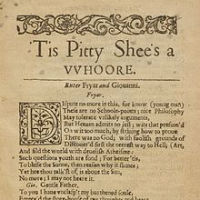
Course • English Literature • 5 lectures
Ford: 'Tis Pity She’s a Whore
Prof. Lisa Hopkins, Sheffield Hallam University 5 Lessons
5 Lessons
Ford: 'Tis Pity She’s a Whore
Prof. Lisa HopkinsSheffield Hallam University
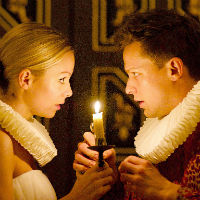
Course • English Literature • 5 lectures
Ford: 'Tis Pity She’s a Whore
Prof. John Lennard, Independent Scholar 5 Lessons
5 Lessons
Ford: 'Tis Pity She’s a Whore
Prof. John LennardIndependent Scholar
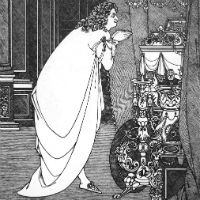
Course • English Literature • 6 lectures
Jonson: Volpone
Prof. Matthew Steggle, Sheffield Hallam University 6 Lessons
6 Lessons
Jonson: Volpone
Prof. Matthew SteggleSheffield Hallam University
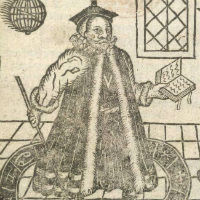
Course • English Literature • 6 lectures
Marlowe: Doctor Faustus
Prof. Lisa Hopkins, Sheffield Hallam University 6 Lessons
6 Lessons
Marlowe: Doctor Faustus
Prof. Lisa HopkinsSheffield Hallam University
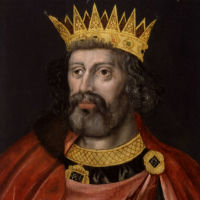
Course • English Literature • 5 lectures
Marlowe: Edward II
Prof. Lisa Hopkins, Sheffield Hallam University 5 Lessons
5 Lessons
Marlowe: Edward II
Prof. Lisa HopkinsSheffield Hallam University
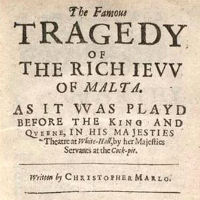
Course • English Literature • 6 lectures
Marlowe: The Jew of Malta
Prof. Lisa Hopkins, Sheffield Hallam University 6 Lessons
6 Lessons
Marlowe: The Jew of Malta
Prof. Lisa HopkinsSheffield Hallam University
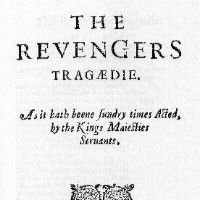
Course • English Literature • 5 lectures
Middleton: The Revenger's Tragedy
Prof. John Lennard, Independent Scholar 5 Lessons
5 Lessons
Middleton: The Revenger's Tragedy
Prof. John LennardIndependent Scholar
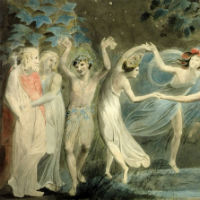
Course • English Literature • 5 lectures
Shakespeare: A Midsummer Night's Dream
Prof. Diane Purkiss, University of Oxford 5 Lessons
5 Lessons
Shakespeare: A Midsummer Night's Dream
Prof. Diane PurkissUniversity of Oxford
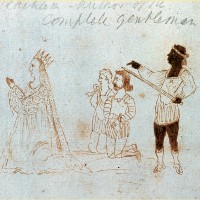
Course • English Literature • 4 lectures
Shakespeare and Race
Prof. Miles Grier, Queens College, CUNY 4 Lessons
4 Lessons
Shakespeare and Race
Prof. Miles GrierQueens College, CUNY
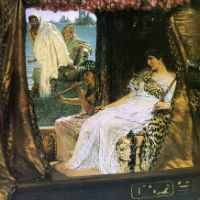
Course • English Literature • 5 lectures
Shakespeare: Antony and Cleopatra
Prof. John Lennard, Independent Scholar 5 Lessons
5 Lessons
Shakespeare: Antony and Cleopatra
Prof. John LennardIndependent Scholar
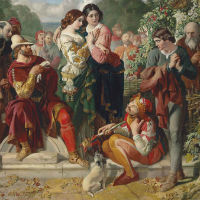
Course • English Literature • 6 lectures
Shakespeare: As You Like It
Prof. John Roe, York University 6 Lessons
6 Lessons
Shakespeare: As You Like It
Prof. John RoeYork University
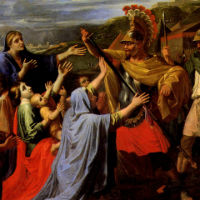
Course • English Literature • 8 lectures
Shakespeare: Coriolanus
Dr Martin Wiggins, The Shakespeare Institute 8 Lessons
8 Lessons
Shakespeare: Coriolanus
Dr Martin WigginsThe Shakespeare Institute
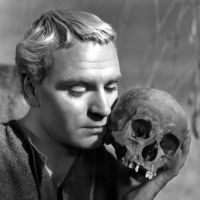
Course • English Literature • 5 lectures
Shakespeare: Hamlet
Prof. John Lennard, Independent Scholar 5 Lessons
5 Lessons
Shakespeare: Hamlet
Prof. John LennardIndependent Scholar

Course • English Literature • 15 lectures
Shakespeare: Hamlet
Prof. John McRae, Nottingham University 15 Lessons
15 Lessons
Shakespeare: Hamlet
Prof. John McRaeNottingham University
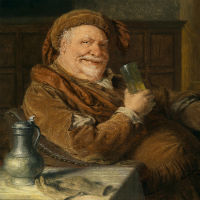
Course • English Literature • 6 lectures
Shakespeare: Henry IV, Part I
Prof. John Roe, York University 6 Lessons
6 Lessons
Shakespeare: Henry IV, Part I
Prof. John RoeYork University
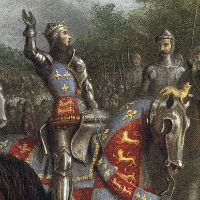
Course • English Literature • 10 lectures
Shakespeare: Henry V
Prof. John Roe, York University 10 Lessons
10 Lessons
Shakespeare: Henry V
Prof. John RoeYork University
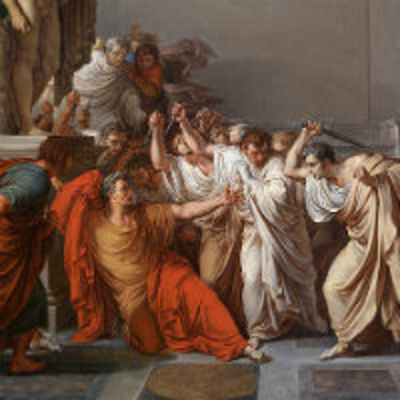
Course • English Literature • 8 lectures
Shakespeare: Julius Caesar
Prof. John Roe, York University 8 Lessons
8 Lessons
Shakespeare: Julius Caesar
Prof. John RoeYork University
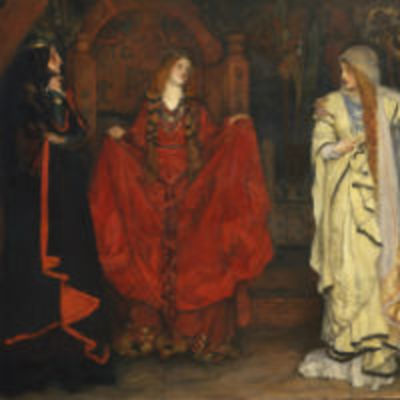
Course • English Literature • 25 lectures
Shakespeare: King Lear
Prof. John McRae, Nottingham University 25 Lessons
25 Lessons
Shakespeare: King Lear
Prof. John McRaeNottingham University
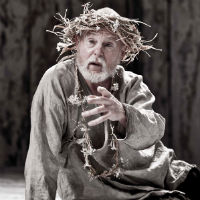
Course • English Literature • 5 lectures
Shakespeare: King Lear
Prof. John Lennard, Independent Scholar 5 Lessons
5 Lessons
Shakespeare: King Lear
Prof. John LennardIndependent Scholar
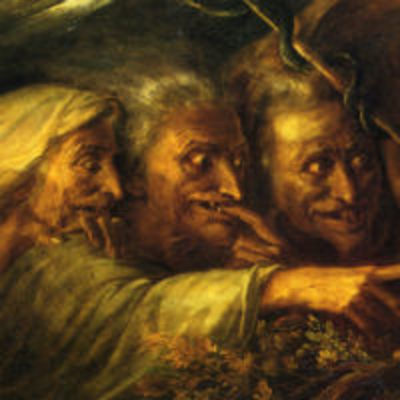
Course • English Literature • 19 lectures
Shakespeare: Macbeth
Prof. John McRae, Nottingham University 19 Lessons
19 Lessons
Shakespeare: Macbeth
Prof. John McRaeNottingham University
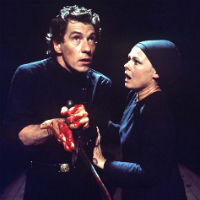
Course • English Literature • 5 lectures
Shakespeare: Macbeth
Mr Stephen Siddall, Independent Scholar 5 Lessons
5 Lessons
Shakespeare: Macbeth
Mr Stephen SiddallIndependent Scholar
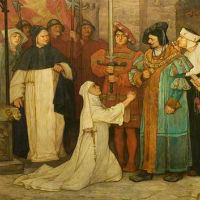
Course • English Literature • 10 lectures
Shakespeare: Measure for Measure
Prof. John Roe, York University 10 Lessons
10 Lessons
Shakespeare: Measure for Measure
Prof. John RoeYork University
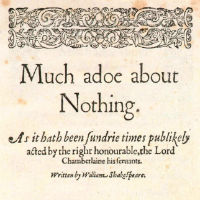
Course • English Literature • 5 lectures
Shakespeare: Much Ado About Nothing
Prof. John Lennard, Independent Scholar 5 Lessons
5 Lessons
Shakespeare: Much Ado About Nothing
Prof. John LennardIndependent Scholar
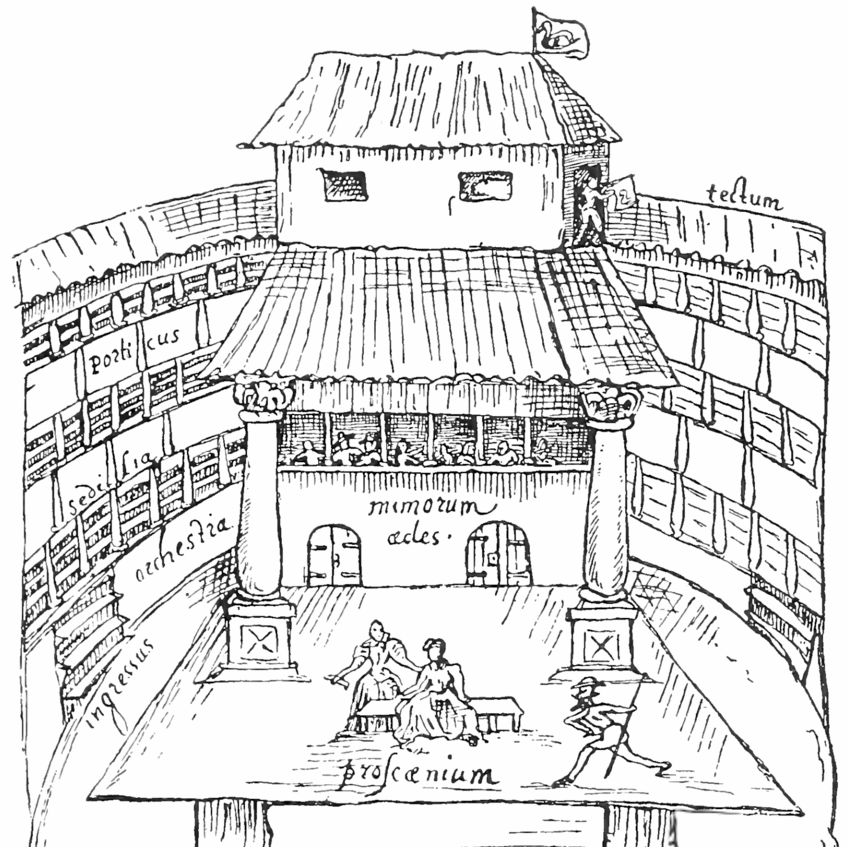
Course • English Literature • 6 lectures
Shakespeare on Stage
Prof. Tiffany Stern, Royal Holloway, London 6 Lessons
6 Lessons
Shakespeare on Stage
Prof. Tiffany SternRoyal Holloway, London
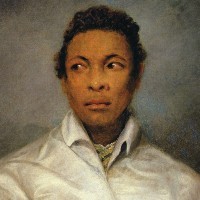
Course • English Literature • 5 lectures
Shakespeare: Othello
Prof. Helen Smith, York University 5 Lessons
5 Lessons
Shakespeare: Othello
Prof. Helen SmithYork University
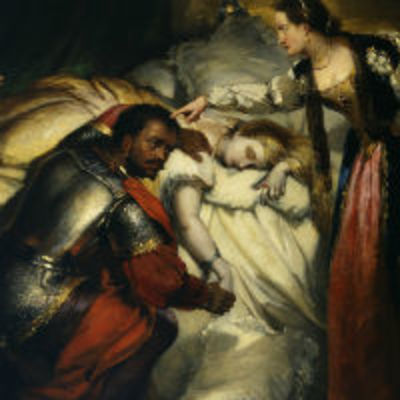
Course • English Literature • 21 lectures
Shakespeare: Othello
Prof. John McRae, Nottingham University 21 Lessons
21 Lessons
Shakespeare: Othello
Prof. John McRaeNottingham University
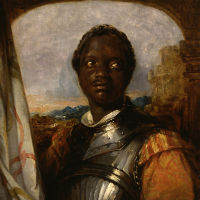
Course • English Literature • 5 lectures
Shakespeare: Othello
Prof. John Lennard, Independent Scholar 5 Lessons
5 Lessons
Shakespeare: Othello
Prof. John LennardIndependent Scholar
